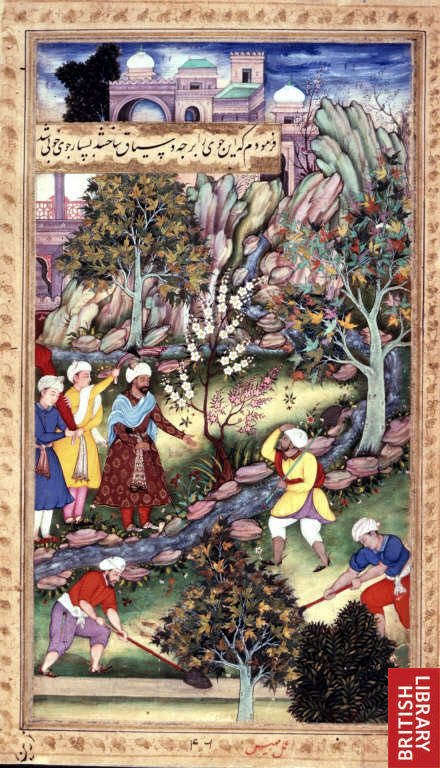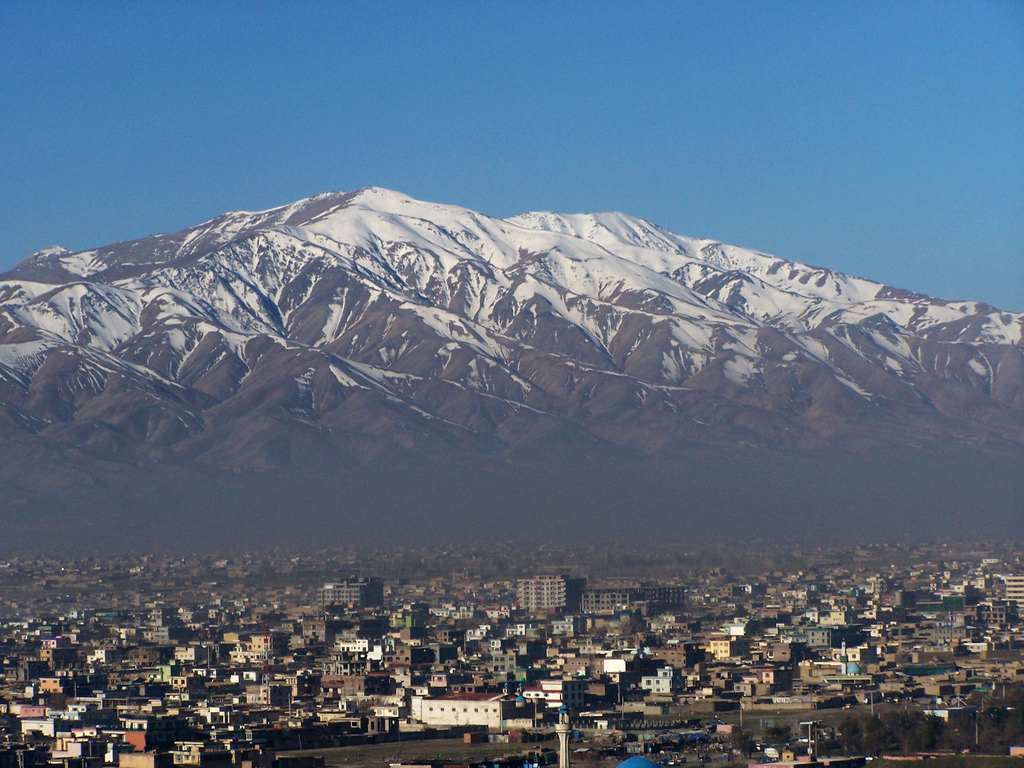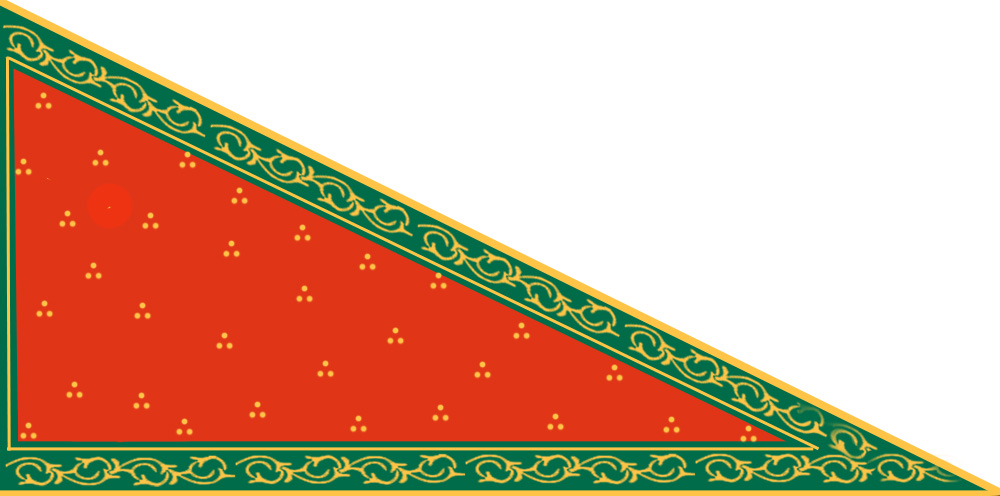|
Istalif
Istālif ( prs, استالف) is a village northwest of Kabul, Afghanistan, situated at an elevation of in the Shomali Plains, west of Kalakan and south-west of Bagram. It is the center of Istalif District, Kabul Province, Afghanistan. Istalif is famous for its handmade glazed potteries. Etymology Its name might derive from Greek ''staphile'' ("bunch of grapes") or Parachi ''estuf'' ("cow-parsnip"). History Istalif was always renowned as one of the most beautiful places in Afghanistan – the Emperor Babur fell in love with it in the 16th century and used to hold parties in his rose garden and summer house there. Alexander Burnes, a British political agent to Dost Mohammed in the 19th century, had come here to relax amid the plane and walnut trees. He described that the mountains streams are full of fishes and the orchards and vineyards are richest. During the final phase of the First Anglo-Afghan War, as General Pollock's Army of Retribution marched into Kabul, many fam ... [...More Info...] [...Related Items...] OR: [Wikipedia] [Google] [Baidu] |
Istalif District
Istalif District is located in the northwestern part of Kabul Province, Afghanistan. It has a population of 8,500 (2002 official UNHCR est.), a mixture of Tajiks, Pashtuns and Hazaras. Istalif district borders Parvan Province to the north and west, Qarabagh District to the east and Guldara District to the south. The district capital is the village of Istalif Istālif ( prs, استالف) is a village northwest of Kabul, Afghanistan, situated at an elevation of in the Shomali Plains, west of Kalakan and south-west of Bagram. It is the center of Istalif District, Kabul Province, Afghanistan. Istalif is ..., situated in the southeastern part of the district. The villages of the district used to have a population of about 36,000 people, and were filled with fruit trees, vineyards, and vegetable gardens. But when the villages were destroyed, thousands fled for their lives, leaving behind ghost settlements in the continuing wars. All agricultural, health and education infrastructure ... [...More Info...] [...Related Items...] OR: [Wikipedia] [Google] [Baidu] |
Kabul Province
Kabul ( Persian: ), situated in the east of the country, is one of the thirty-four provinces of Afghanistan. The capital of the province is Kabul city, which is also Afghanistan's capital and largest city. The population of the Kabul Province is over 5 million people as of 2020, of which over 85 percent live in urban areas. The current governor of the province is Qari Baryal. It borders the provinces of Parwan to the north, Kapisa to the north-east, Laghman to the east, Nangarhar to the south-east, Logar to the south, and Wardak to the west. Geography Kabul is located between Latitude 34-31' North and Longitude 69-12' East at an altitude of 1800 m (6000 feet) above sea level, which makes it one of the world's highest capital cities. Kabul is strategically situated in a valley surrounded by high mountains at crossroads of north-south and east-west trade routes. One million years ago the Kabul region was surrounded from south-east between Lowgar and Paghman Mountai ... [...More Info...] [...Related Items...] OR: [Wikipedia] [Google] [Baidu] |
Taliban
The Taliban (; ps, طالبان, ṭālibān, lit=students or 'seekers'), which also refers to itself by its state name, the Islamic Emirate of Afghanistan, is a Deobandi Islamic fundamentalist, militant Islamist, jihadist, and Pashtun nationalist political movement in Afghanistan. It ruled approximately three-quarters of the country from 1996 to 2001, before being overthrown following the United States invasion. It recaptured Kabul on 15 August 2021 after nearly 20 years of insurgency, and currently controls all of the country, although its government has not yet been recognized by any country. The Taliban government has been criticized for restricting human rights in Afghanistan, including the right of women and girls to work and to have an education. The Taliban emerged in September 1994 as one of the prominent factions in the Afghan Civil War and largely consisted of students () from the Pashtun areas of eastern and southern Afghanistan who had been educa ... [...More Info...] [...Related Items...] OR: [Wikipedia] [Google] [Baidu] |
Afghanistan
Afghanistan, officially the Islamic Emirate of Afghanistan,; prs, امارت اسلامی افغانستان is a landlocked country located at the crossroads of Central Asia and South Asia. Referred to as the Heart of Asia, it is bordered by Pakistan to the east and south, Iran to the west, Turkmenistan to the northwest, Uzbekistan to the north, Tajikistan to the northeast, and China to the northeast and east. Occupying of land, the country is predominantly mountainous with plains in the north and the southwest, which are separated by the Hindu Kush mountain range. , its population is 40.2 million (officially estimated to be 32.9 million), composed mostly of ethnic Pashtuns, Tajiks, Hazaras, and Uzbeks. Kabul is the country's largest city and serves as its capital. Human habitation in Afghanistan dates back to the Middle Paleolithic era, and the country's Geostrategy, strategic location along the historic Silk Road has led it to being described, pict ... [...More Info...] [...Related Items...] OR: [Wikipedia] [Google] [Baidu] |
Shomali Plains
The Shomali Plain, also called the Shomali Valley, is a plateau just north of Kabul, Afghanistan. It is approximately 30 km wide and 80 km long. Once, it was a fertile area, rich with water, where fruits and vegetables were cultivated, and where Kabul's residents picknicked on weekends. The region was often battleground during the wars in Afghanistan since 1978. Taliban rule (1996-2001) During the rule of the Taliban (1996-2001), fighting in the Shomali Plain was relatively sparse, but the plateau was maintained as fighting frontier by Ahmad Shah Massoud and his Northern Alliance who challenged the Taliban's control over much of Afghanistan. When the Taliban retreated from the Plain in 1997, they poisoned wells, cut down trees, and destroyed the irrigation system of what was a largely Tajik area,, p. 62 although there are also many Pashtuns in the area. In 1999, the Taliban considered the region, especially towns such as Istalif with 45,000 residents, a liability ... [...More Info...] [...Related Items...] OR: [Wikipedia] [Google] [Baidu] |
First Anglo-Afghan War
The First Anglo-Afghan War ( fa, جنگ اول افغان و انگلیس) was fought between the British Empire and the Emirate of Kabul from 1838 to 1842. The British initially successfully invaded the country taking sides in a succession dispute between emir Dost Mohammad ( Barakzai) and former emir Shah Shujah (Durrani), whom they reinstalled upon occupying Kabul in August 1839. The main British Indian force occupied Kabul and endured harsh winters. The force and its camp followers were almost completely massacred during the 1842 retreat from Kabul. The British then sent an ''Army of Retribution'' to Kabul to avenge the destruction of the previous forces. After recovering prisoners, they left Afghanistan by the end of the year. Dost Mohammed returned from exile in India to resume his rule. It was one of the first major conflicts during the Great Game, the 19th century competition for power and influence in Central Asia between Britain and Russia. Background Causes ... [...More Info...] [...Related Items...] OR: [Wikipedia] [Google] [Baidu] |
Alexander Burnes
Captain Sir Alexander Burnes (16 May 1805 – 2 November 1841) was a Scottish explorer, military officer, and diplomat associated with the Great Game. He was nicknamed Bokhara Burnes for his role in establishing contact with and exploring Bukhara. His memoir, ''Travels into Bokhara'', was a bestseller when it was first published in 1835. Early life Burnes was born on 16 May 1805 in Montrose, Scotland, as the fourth son of James Burnes (1780–1852) the local provost, who was first cousin to the poet Robert Burns. His brother was the doctor and surgeon James Burnes. At the age of sixteen, Alexander joined the army of the East India Company and while serving in India, he learned Urdu and Persian, and obtained an appointment as interpreter at Surat in 1822. He was transferred to Kutch in 1826 where he was based at Bhuj for three years. As assistant to the political agent, he took an interest in the history and geography of north-western India and the adjacent countr ... [...More Info...] [...Related Items...] OR: [Wikipedia] [Google] [Baidu] |
The Battle For Afghanistan
''The'' () is a grammatical article in English, denoting persons or things that are already or about to be mentioned, under discussion, implied or otherwise presumed familiar to listeners, readers, or speakers. It is the definite article in English. ''The'' is the most frequently used word in the English language; studies and analyses of texts have found it to account for seven percent of all printed English-language words. It is derived from gendered articles in Old English which combined in Middle English and now has a single form used with nouns of any gender. The word can be used with both singular and plural nouns, and with a noun that starts with any letter. This is different from many other languages, which have different forms of the definite article for different genders or numbers. Pronunciation In most dialects, "the" is pronounced as (with the voiced dental fricative followed by a schwa) when followed by a consonant sound, and as (homophone of the archaic pro ... [...More Info...] [...Related Items...] OR: [Wikipedia] [Google] [Baidu] |
George Pollock
Field Marshal Sir George Pollock, 1st Baronet (4 June 1786 – 6 October 1872) was a British Indian Army officer. He first saw action at the Battle of Deeg and at the Siege of Bhurtpore during the Second Anglo-Maratha War before taking part in the Anglo-Nepalese War. He also commanded the British artillery at the Battle of Prome and at Bagan during the First Anglo-Burmese War. Following a disastrous retreat from Kabul in January 1842 during the First Anglo-Afghan War, the retreating forces became stranded at the small British garrison at Jalalabad and Pollock was appointed Commander of the Force sent to relieve the garrison: he advanced through the Khyber Pass and relieved the garrison in April 1842. He then set about an unauthorised but ultimately successful mission to rescue the British hostages who had been left behind in Kabul prior to the retreat. In 1844 the Pollock Medal was created to commemorate Pollock's achievements: this medal was to be awarded to the "best ca ... [...More Info...] [...Related Items...] OR: [Wikipedia] [Google] [Baidu] |
Dost Mohammad Barakzai
Dost Mohammad Khan Barakzai (Pashto/ Persian: ; 23 December 17929 June 1863), nicknamed the Amir-i Kabir, Also titled Amir al-Mu'minin, was a member of the Barakzai dynasty and one of the prominent rulers of the Emirate of Afghanistan. His 37-year rule was important in the creation of modern Afghanistan. With the decline of the Durrani dynasty, he became the Emir of Kabul in 1826. He was the 11th son of Payendah Khan, chief of the Barakzai Pashtuns, who was killed in 1799 by Afghan Emperor Zaman Shah Durrani. Dost Mohammad began his official reign at the beginning of his rule in 1826 when he usurped Kabul. However, he had taken Kabul a few years prior in 1818, as well as later returning to power in 1843 after the First Anglo-Afghan War, where his rule was disputed from 1839 to 1842 by Shah Shuja Durrani. When Dost Mohammad ascended to the rule of Kabul, the Afghan realm faced a period of decline. Beset by civil war between the sons of Timur Shah Durrani, the formerly large Durra ... [...More Info...] [...Related Items...] OR: [Wikipedia] [Google] [Baidu] |
Provinces Of Afghanistan
Afghanistan is divided into 34 provinces (, '' wilåyat''). The provinces of Afghanistan are the primary administrative divisions. Each province encompasses a number of districts or usually over 1,000 villages. Provincial governors played a critical role in the reconstruction of the Afghan state following the creation of the new government under Hamid Karzai. According to international security scholar Dipali Mukhopadhyay, many of the provincial governors of the western-backed government were former warlords who were incorporated into the political system. Provinces of Afghanistan Regions of Afghanistan UN Regions Former provinces of Afghanistan During Afghanistan's history it had a number of provinces in it. It started out as just Kabul, Herat, Qandahar, and Balkh but the number of provinces increased and by 1880 the provinces consisted of Balkh, Herat, Qandahar, Ghazni, Jalalabad, and Kabul. * Southern Province – dissolved in 1964 to create Paktia Provi ... [...More Info...] [...Related Items...] OR: [Wikipedia] [Google] [Baidu] |
Babur
Babur ( fa, , lit= tiger, translit= Bābur; ; 14 February 148326 December 1530), born Mīrzā Zahīr ud-Dīn Muhammad, was the founder of the Mughal Empire in the Indian subcontinent. He was a descendant of Timur and Genghis Khan through his father and mother respectively.F. LehmannẒahīr-al-Dīn Moḥammad Bābor In Encyclopædia Iranica. Online Ed. December 1988 (updated August 2011). "Bābor, Ẓahīr-al-Dīn Moḥammad son of Umar Sheikh Mirza, (6 Moḥarram 886-6 Jomādā I 937/14 February 1483 – 26 December 1530), Timurid prince, military genius, and literary craftsman who escaped the bloody political arena of his Central Asian birthplace to found the Mughal Empire in India. His origin, milieu, training, and education were steeped in Muslim culture and so Bābor played significant role for the fostering of this culture by his descendants, the Mughals of India, and for the expansion of Islam in the Indian subcontinent, with brilliant literary, artistic, and hi ... [...More Info...] [...Related Items...] OR: [Wikipedia] [Google] [Baidu] |





.png)
.jpg)

